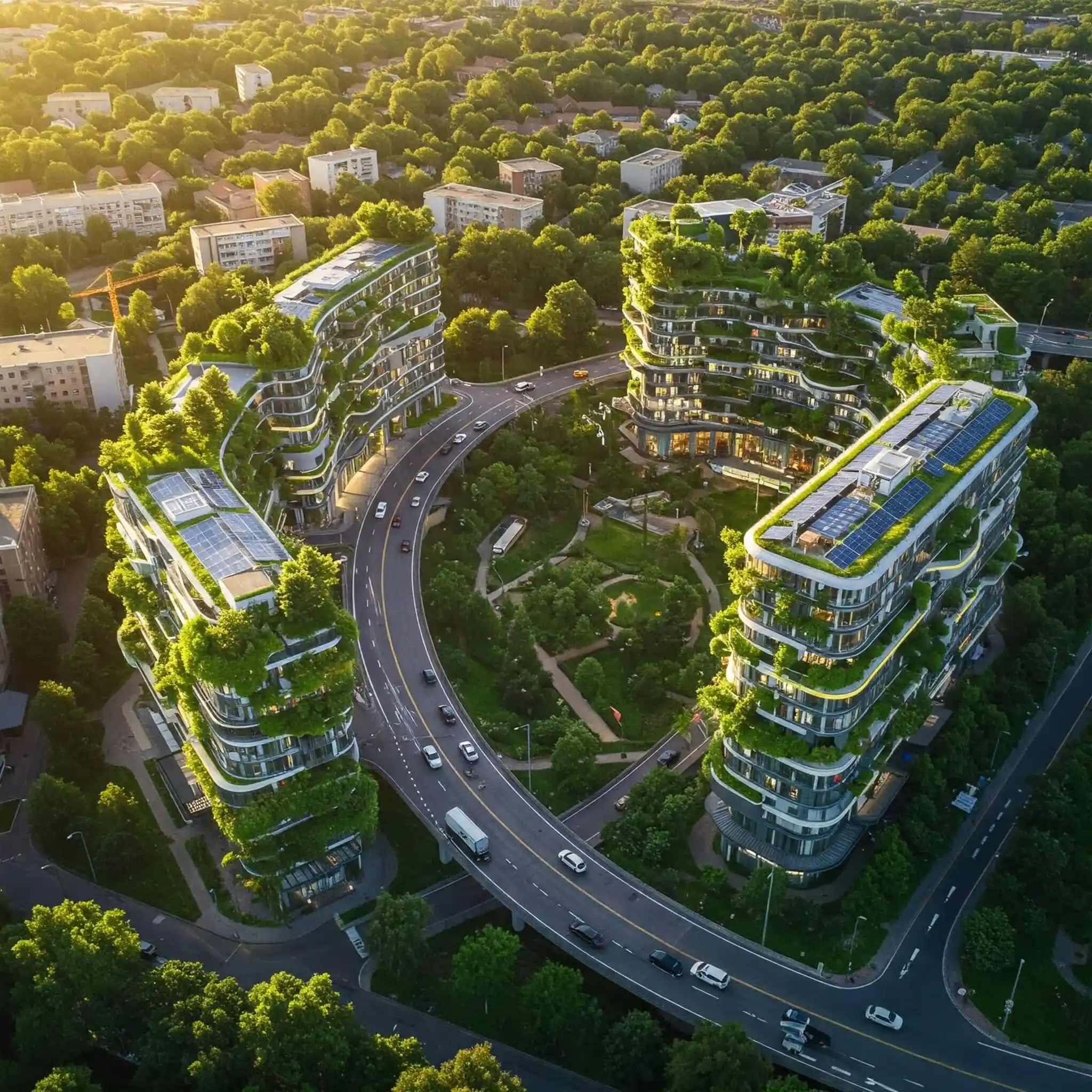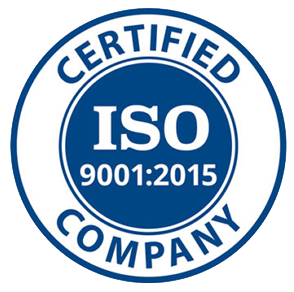Blog
the importance of modern infrastructure for sustainable urban development

Sustainable urban development has become one of the key challenges of the 21st century. Cities around the world are facing rapid population growth, limited resources and the increasing impacts of climate change. To create thriving, healthy and environmentally friendly urban centers for future generations, investment in modern infrastructure is essential. This infrastructure is the foundation for the proper functioning of cities and for improving the quality of life of their residents, while protecting the environment and promoting sustainable economic growth.
Green and smart transportation
Modern transportation systems are a critical component of sustainable urban development. They affect air pollution, traffic congestion, accessibility to services and the quality of life of residents.
Impact: Investing in efficient and clean public transportation, such as light rail, electric buses and BRT (Bus Rapid Transit) systems, can significantly reduce greenhouse gas emissions and road congestion. Developing infrastructure for electric vehicles, including accessible charging stations, encourages a shift to greener mobility. Integrating smart traffic management technologies, such as real-time navigation systems and adaptive traffic light control, can streamline traffic flow and reduce travel times.
The preparation: Companies like Mano Group, which are involved in planning and construction, can incorporate sustainable transportation principles into their projects, such as designing areas that encourage walking and cycling, and integrating accessible public transportation stations near residential and employment areas.
Advanced water and sewage management
Efficient management of water resources and wastewater treatment are essential for healthy and sustainable cities. Modern water infrastructure ensures a regular supply of clean water and reduces water loss due to leaks. Advanced sewage systems treat wastewater efficiently, preventing contamination of water sources and allowing the reuse of purified water for various purposes.
Impact: Investing in smart water infrastructure, using sensors and remote monitoring technologies, can help quickly identify leaks and optimize water consumption. Advanced wastewater treatment systems can extract energy and valuable resources from wastewater.
Preparation: Mano Group can integrate innovative water and sewage management solutions into urban projects, such as rainwater harvesting systems, graywater reuse, and advanced wastewater treatment technologies that reduce environmental impact.
Green Energy and Smart Infrastructure
A shift to renewable energy sources and the development of smart energy grids are key components of sustainable urban development. Reducing dependence on fossil fuels reduces greenhouse gas emissions and improves air quality. Smart grids enable more efficient management of energy consumption, the integration of distributed renewable energy sources, and improved reliability of electricity supply.
Impact: Encouraging the use of solar, wind and other renewable energy sources in buildings and public spaces can reduce energy costs and improve the energy independence of cities. Smart infrastructure, including advanced energy management systems and smart street lighting, can optimize energy consumption and reduce waste.
Preparation: Mano Group can integrate green energy solutions into its construction projects, such as installing solar panels on building roofs and designing energy-efficient buildings. Collaborating with energy companies to develop smart grid infrastructure can contribute to creating more sustainable cities.
Solid Waste and the Circular Economy
Efficient waste management is a significant challenge for growing cities. Modern waste treatment infrastructure focuses on reducing the amount of waste sent to landfill, increasing recycling rates and turning waste into a resource through circular economy technologies.
Impact: Efficient waste collection systems, advanced sorting and recycling facilities, and waste-to-energy technologies can reduce the environmental impact of waste and create economic value.
Preparation: Mano Group can design urban projects with advanced waste management solutions in mind, such as underground waste collection systems and community recycling centers. Integrating circular economy principles into planning and construction can reduce the use of new resources and the production of waste.
Green spaces and natural infrastructure
Integrating green spaces and natural infrastructure within cities is essential for improving quality of life, increasing biodiversity, and mitigating the impacts of climate change. Parks, community gardens, street trees, and open spaces contribute to public health, provide community meeting places, and enhance the aesthetic appearance of cities.
Impact: Green infrastructure, such as green roofs and rain gardens, can help manage runoff, reduce the urban heat island effect, and improve air quality.
Preparation: Mano Group can incorporate elements of green infrastructure into its projects, design accessible green public spaces, and preserve existing natural areas within the urban fabric.
Investment in modern infrastructure is a prerequisite for sustainable urban development. By adopting innovative technologies, long-term planning, and collaboration between different actors, cities can become better places to live, work, and visit, while preserving the environment for future generations. Companies like Mano Group can play a significant role in this process by integrating principles of sustainability and innovation into their projects.


